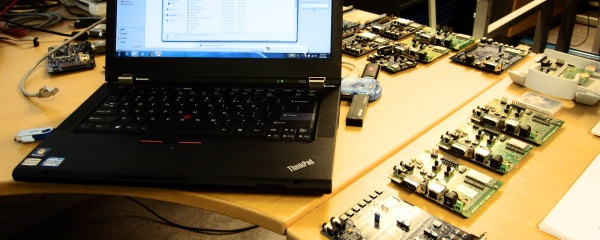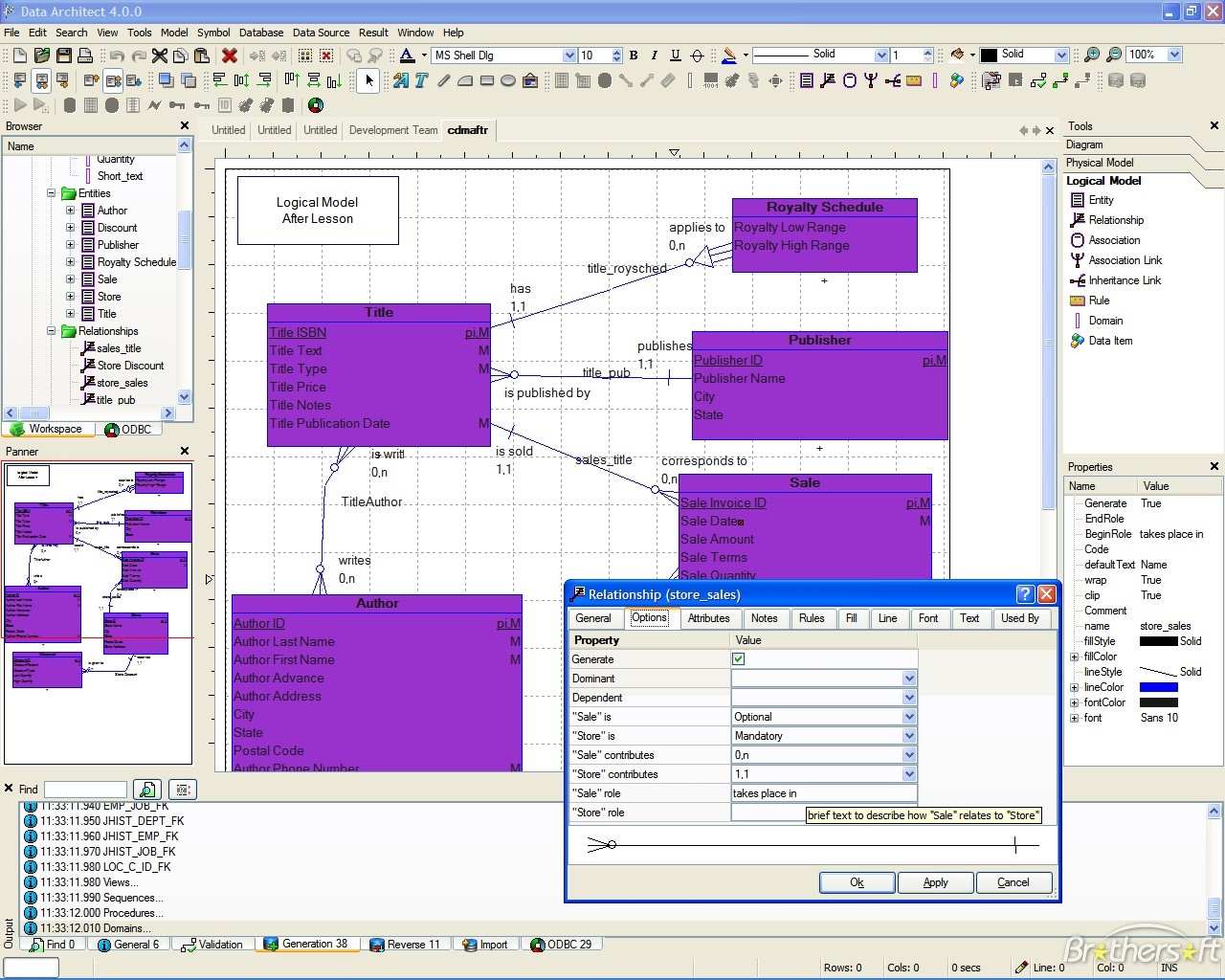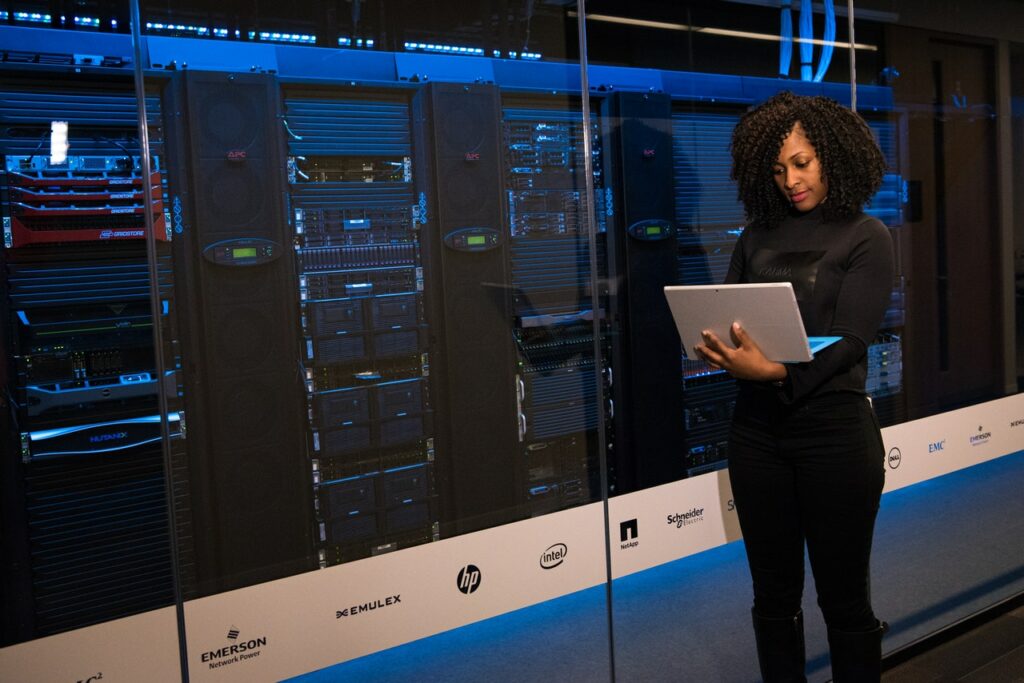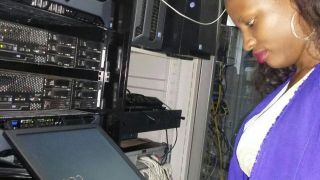Breaking News
- Flexible Remote Work Opportunity for University Students: Earn $100–$250 Per Month ...Read More
- Ministry of Education and Sports Azerbaijan Government Scholarships For 2025-2026 Academic Year ...Read More
- Government Sponsorship Undergraduate Admission Lists 2025-26 for Makerere University ...Read More
- Ministry of Education And Sports: Egyptian Government Scholarships 2025-2026 Academic Year ...Read More
- Ground Breaker Full Scholarship for girls to study Software Engineering 2025 July Intake ...Read More
- Tony Elumelu Foundation Entrepreneurship Programme (TEEP) 2025 for young African Entrepreneurs ...Read More
- DESIGNING FUTURES 2050 International Design Competition 2025 (€15,000 prize) ...Read More
- Ground Breaker Full time Scholarship for girls to study Software Engineering 2025 Intake ...Read More
- Ministry of Education And Sports Algerian Vocational Training Scholarships for 2024-2025 AY ...Read More
- Ministry of Education and Sports Advert for the Algerian Government Scholarships for 2024-2025 ...Read More
Information Technology Careers
IT infrastructure engineer
IT infrastructure engineers are specialists who are usually in charge of the hardware aspects of a business network. They are responsible for evaluating and maintaining server performance.
Know MoreApplication engineer
Application engineers are people who work with computers to design and improve specialty equipment and enhance software programs. They work with various departments within companies such as customer service, sales and manufacturing, to ensure that client specifications are met.
Know MoreSupport engineer
Support engineers, or more specifically technical support engineers, address customer questions and concerns regarding their company's products. This job involves answering incoming phone calls from customers and troubleshooting technical problems.
Know MoreDatabase Architect
Design strategies for enterprise database systems and set standards for operations, programming, and security. Design and construct large relational databases. Integrate new systems with existing warehouse structure and refine system performance and functionality.
Know MoreComputer Systems Analyst
Analyze science, engineering, business, and other data processing problems to implement and improve computer systems. Analyze user requirements, procedures, and problems to automate or improve existing systems and review computer system capabilities, workflow, and scheduling limitations. May analyze or recommend commercially available software.
Know MoreInformatics Nurse Specialists
Apply knowledge of nursing and informatics to assist in the design, development, and ongoing modification of computerized health care systems. May educate staff and assist in problem solving to promote the implementation of the health care system.
Know MoreSoftware Developer, Applications
Develop, create, and modify general computer applications software or specialized utility programs. Analyze user needs and develop software solutions. Design software or customize software for client use with the aim of optimizing operational efficiency. May analyze and design databases within an application area, working individually or coordinating database development as part of a team. May supervise computer programmers.
Know MoreSoftware Developer, Systems Software
Research, design, develop, and test operating systems-level software, compilers, and network distribution software for medical, industrial, military, communications, aerospace, business, scientific, and general computing applications. Set operational specifications and formulate and analyze software requirements. May design embedded systems software. Apply principles and techniques of computer science, engineering, and mathematical analysis.
Know MoreDatabase Administrators
Administer, test, and implement computer databases, applying knowledge of database management systems. Coordinate changes to computer databases. May plan, coordinate, and implement security measures to safeguard computer databases.
Know MoreNetwork and Computer Systems Administrators
Install, configure, and support an organization's local area network (LAN), wide area network (WAN), and Internet systems or a segment of a network system. Monitor network to ensure network availability to all system users and may perform necessary maintenance to support network availability. May monitor and test Web site performance to ensure Web sites operate correctly and without interruption. May assist in network modeling, analysis, planning, and coordination between network and data communications hardware and software. May supervise computer user support specialists and computer network support specialists. May administer network security measures.
Know MoreComputer Network Architects
Design and implement computer and information networks, such as local area networks (LAN), wide area networks (WAN), intranets, extranets, and other data communications networks. Perform network modeling, analysis, and planning. May also design network and computer security measures. May research and recommend network and data communications hardware and software.
Know MoreTelecommunications Engineering Specialist
Design or configure voice, video, and data communications systems. Supervise installation and post-installation service and maintenance.
Know MoreComputer User Support Specialist
Provide technical assistance to computer users. Answer questions or resolve computer problems for clients in person, or via telephone or electronically. May provide assistance concerning the use of computer hardware and software, including printing, installation, word processing, electronic mail, and operating systems.
Know MoreComputer Network Support Specialist
Analyze, test, troubleshoot, and evaluate existing network systems, such as local area network (LAN), wide area network (WAN), and Internet systems or a segment of a network system. Perform network maintenance to ensure networks operate correctly with minimal interruption.
Know MoreSoftware Quality Assurance Engineer and Tester
Develop and execute software test plans in order to identify software problems and their causes.
Know MoreComputer Systems Engineer/Architect
Design and develop solutions to complex applications problems, system administration issues, or network concerns. Perform systems management and integration functions.
Know MoreWeb Administrator
Manage web environment design, deployment, development and maintenance activities. Perform testing and quality assurance of web sites and web applications.
Know MoreGeospatial Information Scientists and Technologist
Research or develop geospatial technologies. May produce databases, perform applications programming, or coordinate projects. May specialize in areas such as agriculture, mining, health care, retail trade, urban planning, or military intelligence.
Know MoreGeographic Information Systems Technician
Assist scientists, technologists, or related professionals in building, maintaining, modifying, or using geographic information systems (GIS) databases. May also perform some custom application development or provide user support.
Know MoreDatabase Architect
Design strategies for enterprise database systems and set standards for operations, programming, and security. Design and construct large relational databases. Integrate new systems with existing warehouse structure and refine system performance and functionality.
Know More






















































